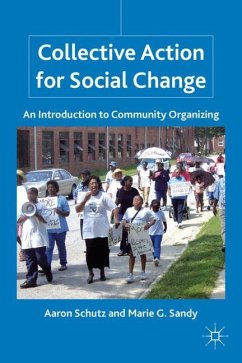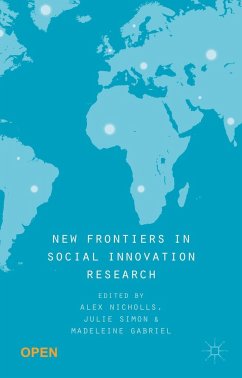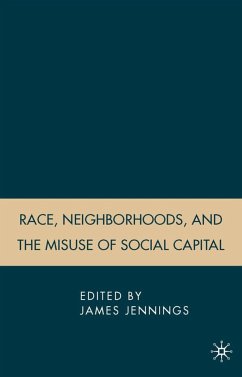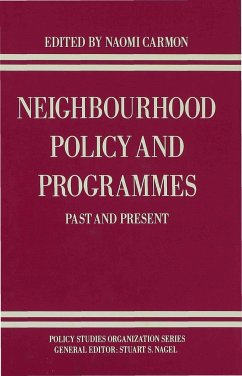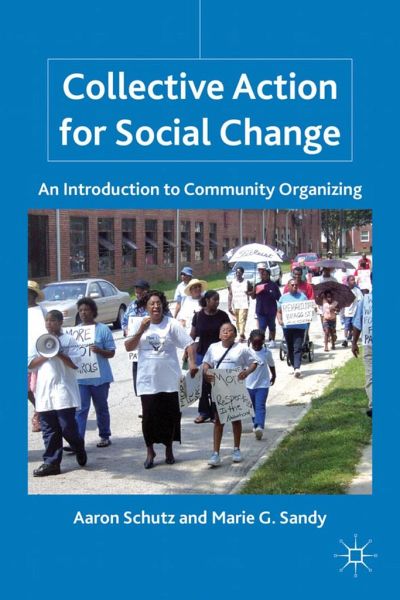
Collective Action for Social Change
An Introduction to Community Organizing
Versandkostenfrei!
Versandfertig in 6-10 Tagen
76,99 €
inkl. MwSt.
Weitere Ausgaben:

PAYBACK Punkte
38 °P sammeln!
Community organizers build solidarity and collective power in fractured communities. They help ordinary people turn their private pain into public action, releasing hidden capacities for leadership and strategy. In Collective Action for Social Change , Aaron Schutz and Marie G. Sandy draw on their extensive experience participating in community organizing activities and teaching courses on the subject to empower novices to think like an organizers.





